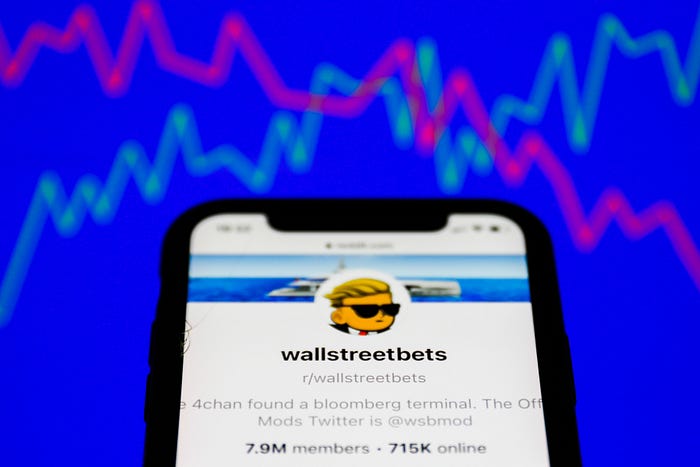From: https://marker.medium.com/i-run-a-public-company-5b6347fc0b1f

Give credit where it’s due: The WallStreetBets subreddit’s revolt against short sellers has brought global attention to a problem that has long vexed public company CEOs, myself included. The scrutiny ought to lead regulators to fix the countless issues caused by short sellers.
Short selling, in brief, is when one borrows stock, sells it at the current price, and then buys back the stock later to return the borrowed shares. They’re betting the price will fall, and if it does, they profit from the difference. This can play a useful role in the market: Theoretically, if a company is overvalued or engaging in fraud, a short seller could force the market to price the company’s stock accurately. Investors also use short selling to hedge portfolios and minimize risk.
In practice, however, short selling had led to far more nefarious behavior. Some short sellers don’t just sit back and hope that a stock declines. Instead, they try to force it down. It’s Wall Street’s open secret: There are a class of short sellers who target companies to destroy value. They operate in the shadows, whisper in the ears of business reporters, file lawsuits, and even call up government regulators — all to bring a stock lower and profit from the decline.
The GameStop Madness Isn’t David vs. Goliath — It’s Goliath vs. Goliath
Robinhood and Redditors are profiting off this. But they aren’t the only ones.
marker.medium.com
I know this because I’ve lived it. In 2004, the stock price of our company Axon rose dramatically — but that drew over $1 billion in short positions and led to a highly coordinated public relations and legal campaign against our company. Within months, press that ignored us began assailing us. We were sued over 100 times, and a federal government investigation was triggered that alarmed both our shareholders and customers, causing real damage.
Short sellers nearly destroyed our business, because doing so was lucrative for them. We survived by the skin of our teeth, and that experience showed me the lengths to which short sellers will go to influence the market — not just predict its moves.
Concerns about short sellers are nothing new. In 1733, the British government outlawed the practice, and in 1940, Congress banned mutual funds from shorting stocks. As recently as 2006, the SEC, the National Association of Securities Dealers, and the NYSE launched investigations into short selling activity. The problem has gotten worse as technology has sped up stock trading and digital media has accelerated news. Today, a motivated short seller can spread a false rumor about a company — and in the process, send a stock price south fast enough to turn a quick buck.
So what’s to be done? Simple: Bring transparency and regulatory oversight to short selling. Today, investors who hold a long position are required to disclose their holdings. Yet astonishingly, short sellers operate with no similar requirement. They can place massive, market-moving bets in stealth. That’s a dangerous double standard.
The SEC must also take steps to monitor short sellers’ behavior, not just their trades. For example, if a hedge fund has hired a private investigator to find dirt on a company they’ve shorted, that should be made public. If an investor pays a PR agency for negative stories, that ought to be disclosed — or better yet, outlawed altogether.
The SEC has taken actions like this before. In late 2008, when the stock market stood on the brink of collapse, the SEC issued a temporary order requiring investors to report large short positions. They worried then about short sellers hastening a market collapse; the same concerns remain true today.
These rules would give all investors — big and small, institutional and individual — confidence that the market is operating fairly and transparently. It would level a playing field that, at present, is badly bent in the direction of the shorts. The SEC tightly regulates management, entrepreneurs, and institutional investors who take a material stake in a company and must identify themselves and their trades. There ought to be at least as much regulatory oversight on those who profit from the destruction of shareholder value as on those who create it.
Admittedly, the SEC’s appetite for action might be limited. Talk of regulating short sellers usually invites a backlash. Even public company CEOs tend to gripe about short seller behavior behind closed doors but remain mum in public. Why? The honest answer: We’re worried about what they’ll do from the shadows to us.
That’s why WallStreetBets’ recent campaign is cause for hope. Ironically, some on Wall Street have urged the SEC to investigate the WallStreetBets subreddit. They’ve got it backwards: It’s time for the SEC to do what WallStreetBets had the insight to do. It’s time for the government to take on the shorts.